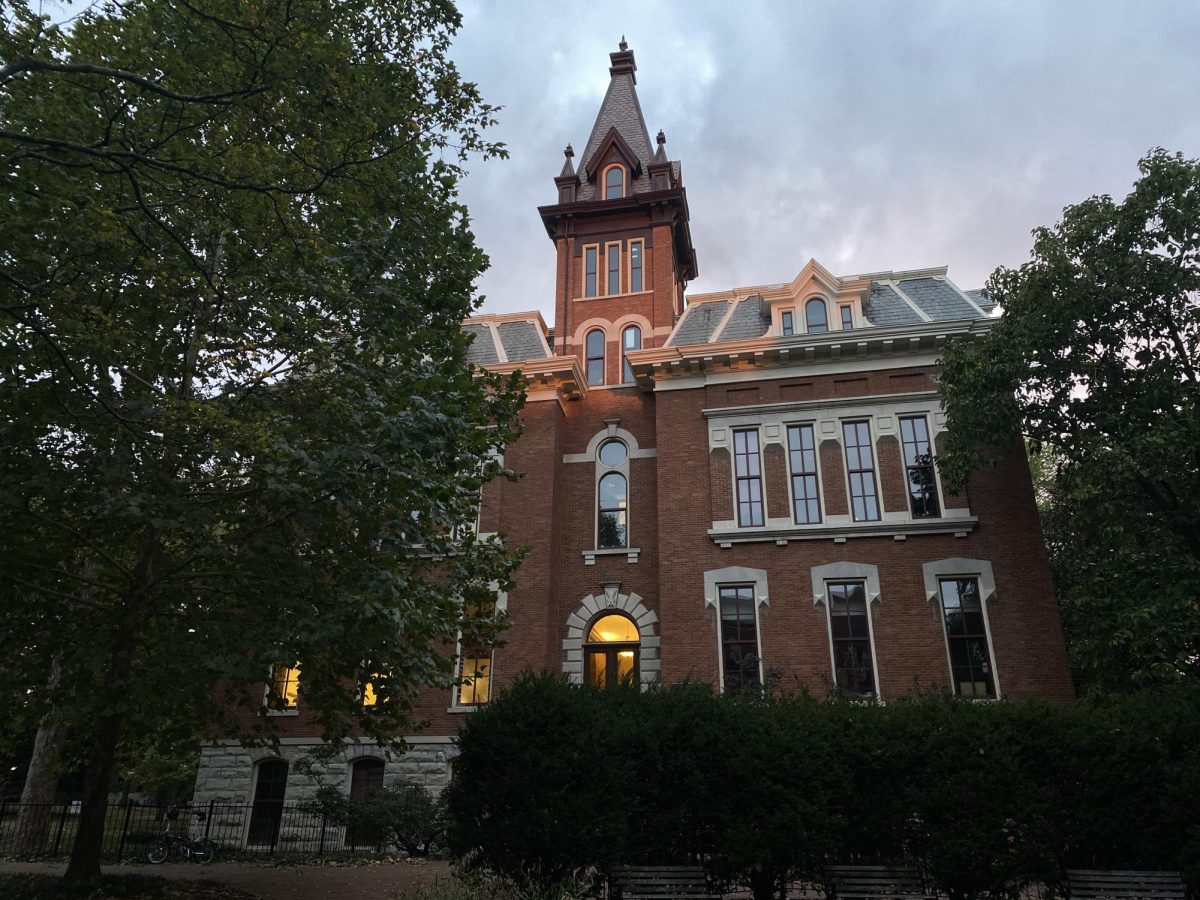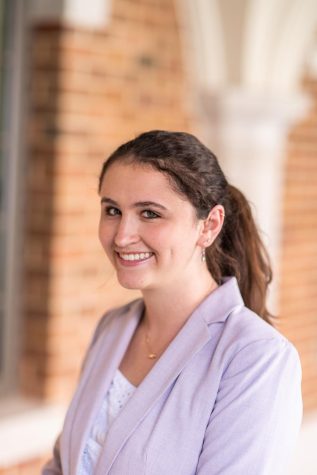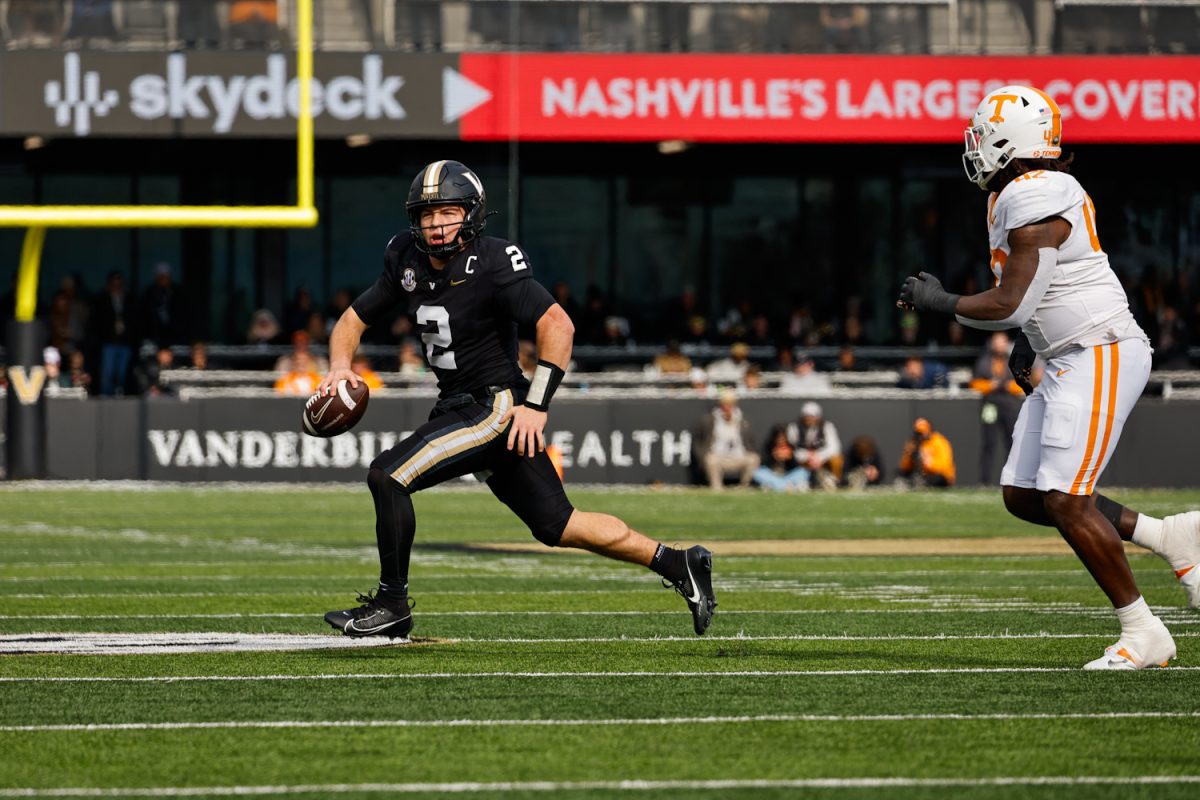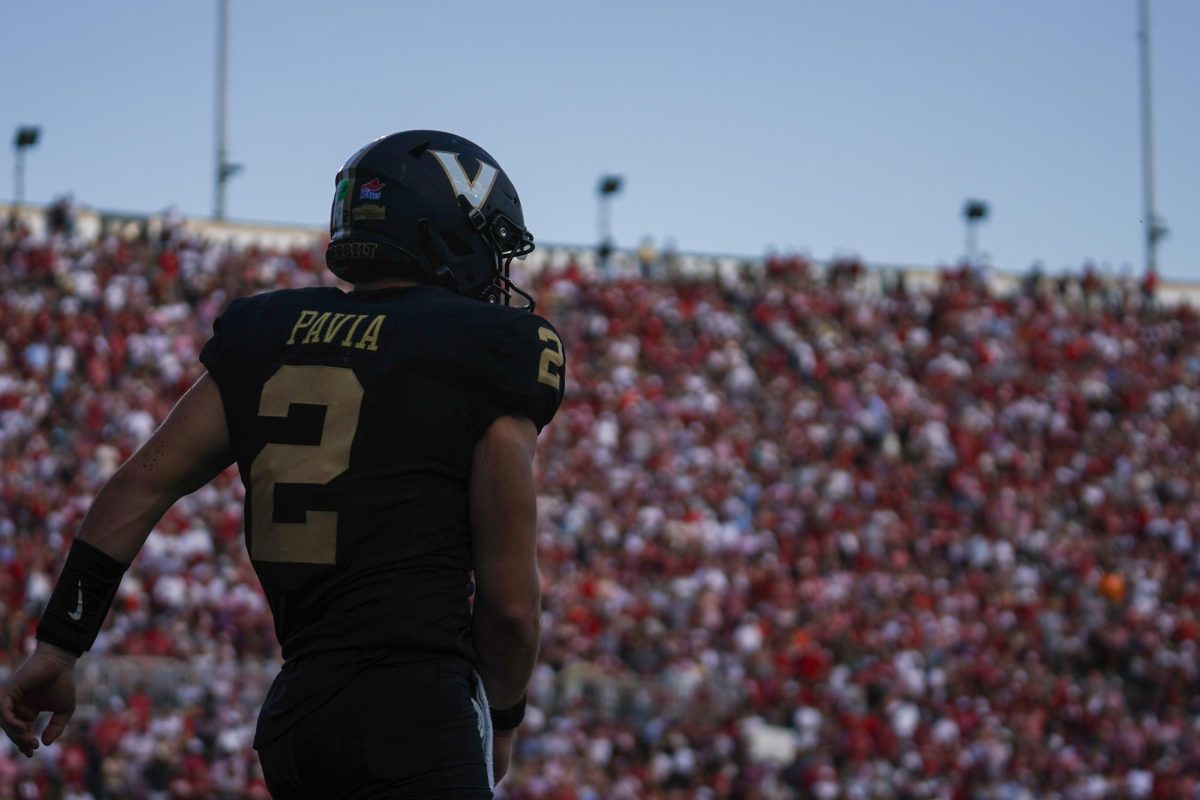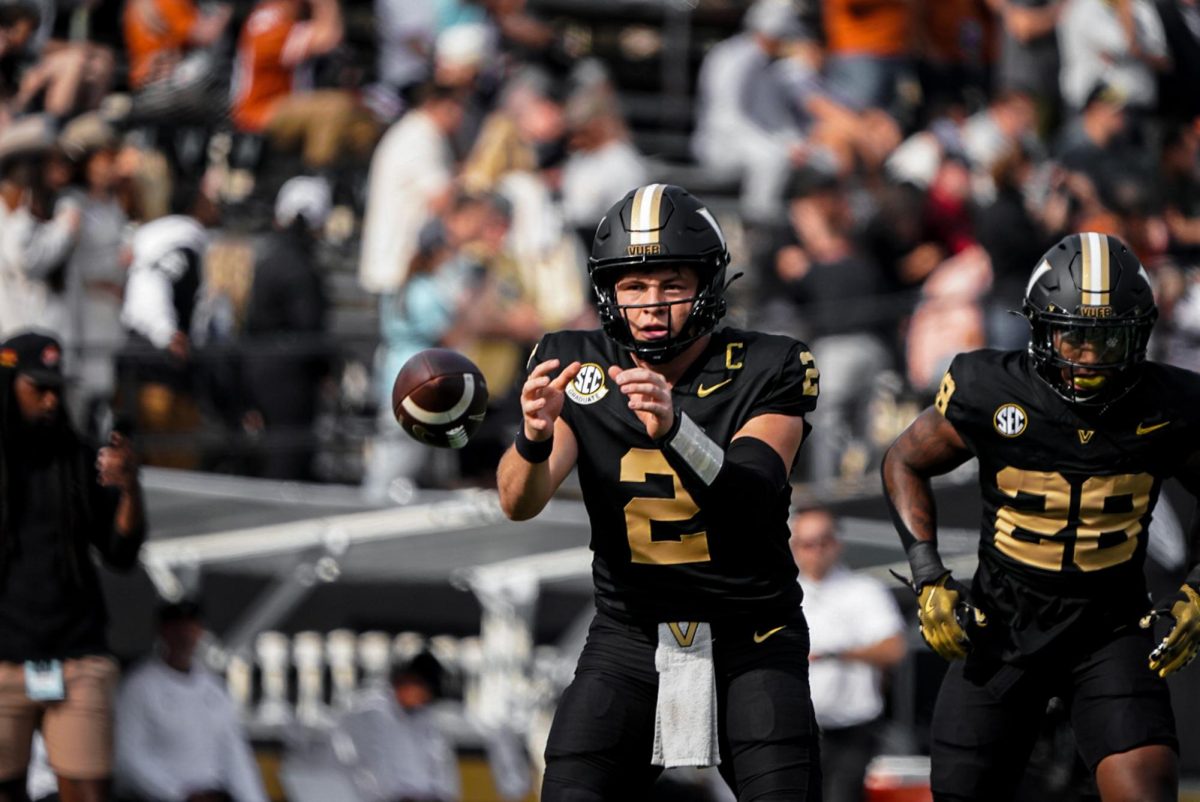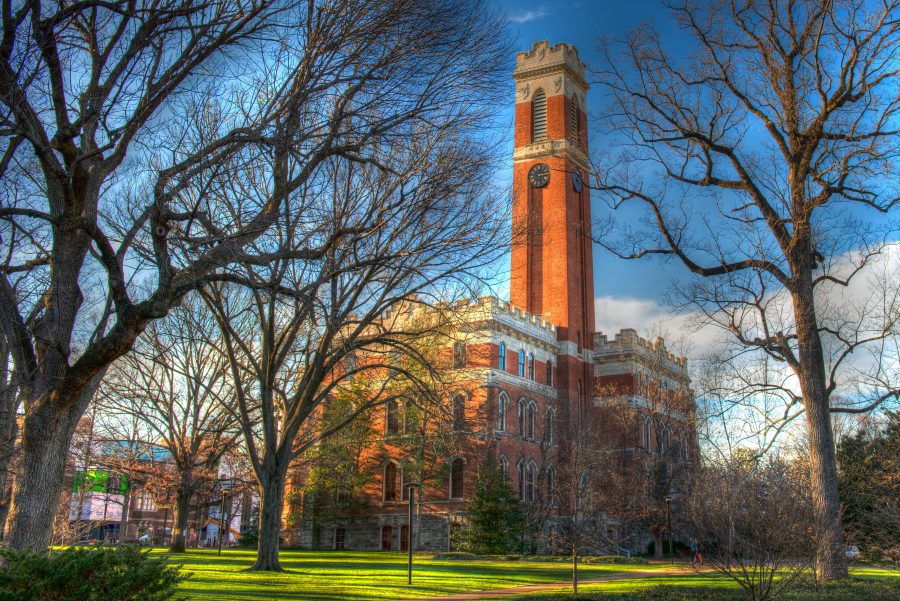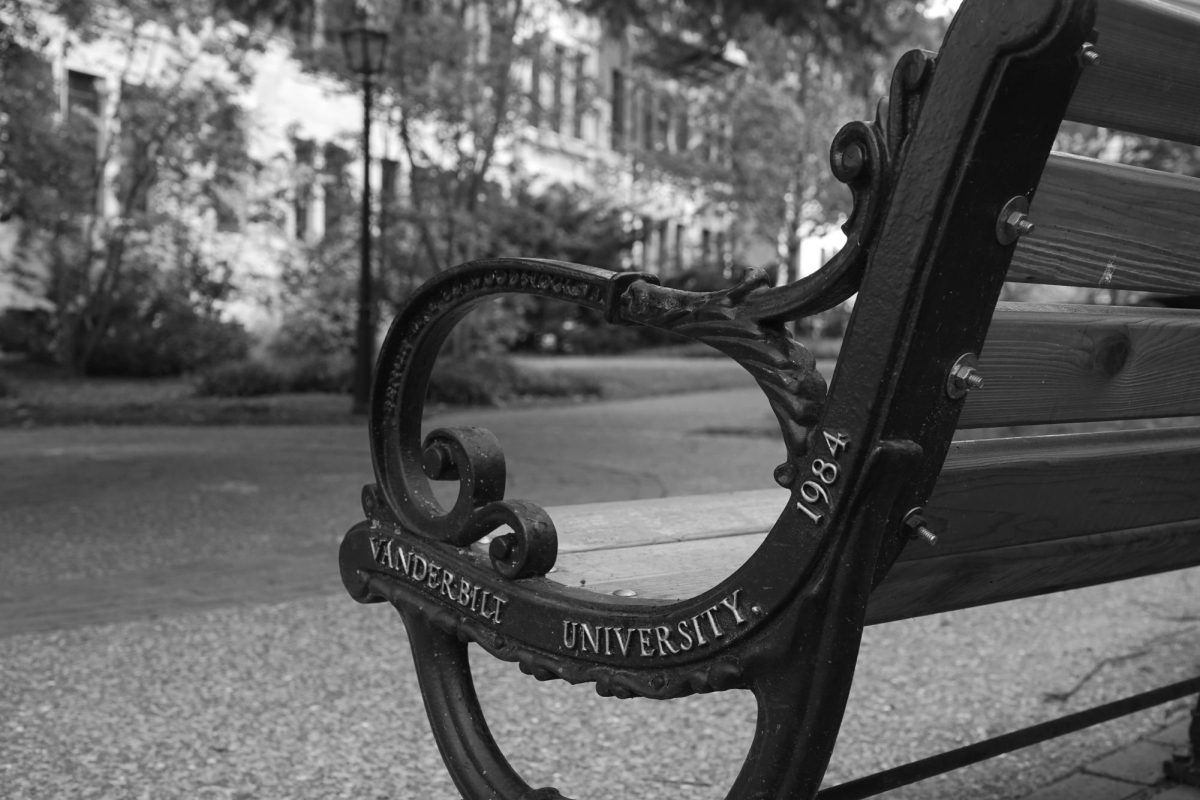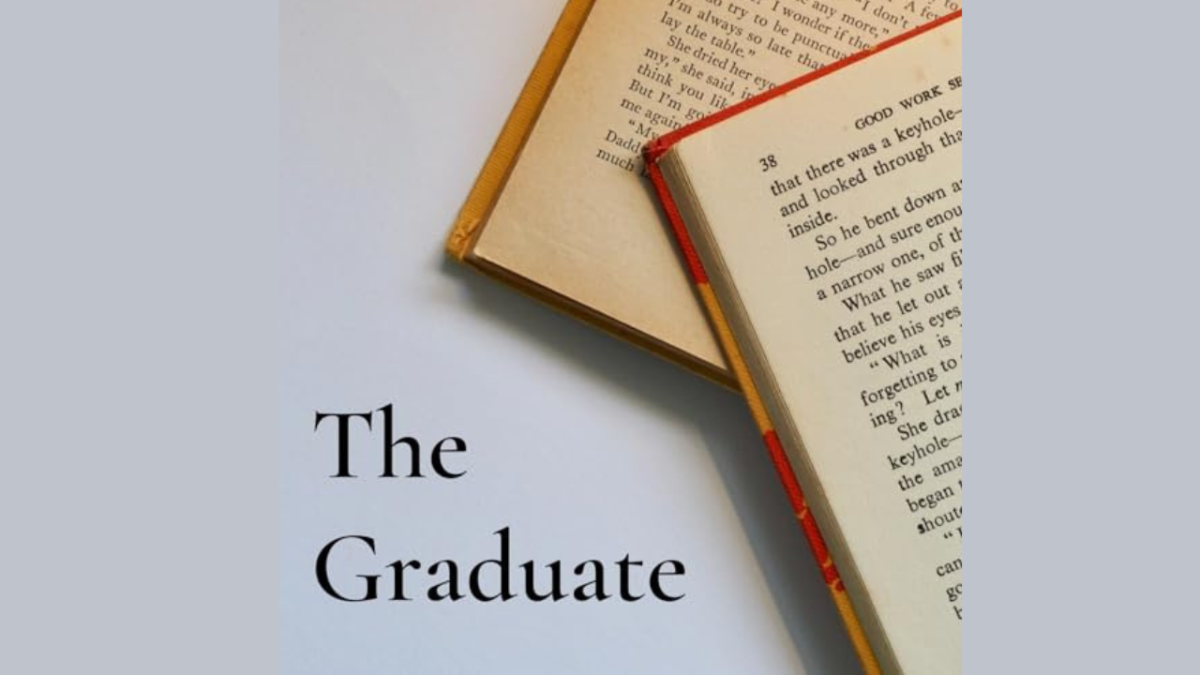Vanderbilt, following the University of Chicago, became the second school to agree to settle an antitrust lawsuit alleging they colluded with other top universities to limit student financial aid in November 2023. Five other universities included in the class action lawsuit — Brown, Columbia, Duke, Emory and Yale — recently made similar moves to settle according to court filings reported on by The New York Times on Jan. 23. These settlements are currently pending a judge’s approval.
The January 2022 lawsuit alleges that Vanderbilt, alongside sixteen other top universities, “artificially inflated net prices of attendance” and colluded on cost resulting in 200,000 students across two decades being overcharged. All of the universities included in the suit have been members of the 568 Presidents Group, which developed a formula known as the “Consensus Methodology” to decide the demonstrated need of undergraduate applicants.
Section 568 of the Improving America’s Schools Act of 1994 exempts universities from federal antitrust laws, allowing them to work together on financial aid calculations with a key provision: these universities must practice “need-blind” admissions for all applicants. Universities exempt from antitrust laws therefore can not take the financial circumstances of any applicants into consideration when making admissions decisions. This exemption expired on Sept. 30, 2022, and the 568 Presidents Group dissolved shortly after, effective Nov. 3, 2022.
Plaintiffs claim that Vanderbilt violated the key provision of the Section 568 exemption, alleging they do not practice “need-blind” admissions processes for all students. They allege defendants participated in “wealth favoritism” by admitting the children of high-dollar donors and considering the financial status of applicants admitted from their waitlist. The plaintiffs claim that all universities in the suit, regardless of whether their institution practices “need-blind” admissions, knowingly colluded with institutions that do not and are thus still in violation of the exemption.
Vanderbilt denies all wrongdoing, and the university’s financial aid website states that an applicant’s financial situation is not considered in their admissions decision. In 2018, however, a Vanderbilt website stated that they maintained “the right to be need-aware when admitting wait-listed students,” according to The New York Times.
Eight of the 17 universities included in the suit have now agreed to settle. Vanderbilt has “reached an agreement in principle to settle,” but the settlement has not been finalized nor the amount publicly disclosed.
“Though we believe the plaintiffs’ claims are without merit, we have reached a settlement in order to maintain our commitment to the privacy of our students and families and keep our focus on providing talented scholars from all social, cultural and economic backgrounds one of the world’s best undergraduate educations,” the university said in a statement to The Hustler.
Settlement amounts range from $13.5 million (UChicago) on the low end to $33.7 million (Rice) on the high end. Columbia and Duke settled for $24 million, Brown for $19.5 million and Yale and Emory both for $18.5 million. Settlement amounts increased with each successive agreement as part of the plaintiff's counsel’s strategy to “exert pressure on non-settling defendants to reach agreement imminently or risk having to pay significantly more by waiting,” according to the New York Times.
The other nine defendants in the suit — Caltech, Cornell, Dartmouth, Georgetown, Johns Hopkins, MIT, Northwestern, Notre Dame and UPenn — have not reached settlements or set a trial date.
Universities who continue to trial run the risk of “having their admissions policies exposed” and garnering negative publicity, Harry Frist, a professor emeritus of law at New York University, told The Brown Daily Herald. The remaining defendants also risk being left to pay higher damages as a result of the settlements, John Lopatka, a professor at Penn State Law, told The Washington Post.
Three out of the eight plaintiffs listed in the suit are Vanderbilt alumni: Michael Maerlender (B.A. ‘19), Brittany Tatiana Weaver (B.A. ‘07) and Cameron Williams (B.A. ‘18). Maerlender said he had no comment at this time, and Weaver and Williams did not respond to immediate requests for comment.
Vanderbilt spent $366 million dollars on financial aid in 2023, $244 million of which was allocated for undergraduates and funded largely by philanthropy. Opportunity Vanderbilt, the university’s financial aid program, meets 100% of admitted students’ demonstrated need without loans.
“The program enables us to fully cover undergraduate tuition for nearly every family with an income of $150,000 or less,” the university’s statement reads.

